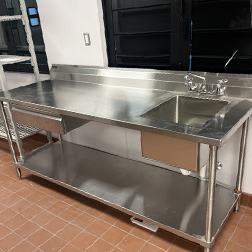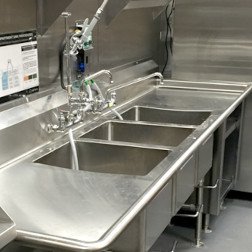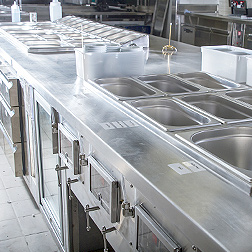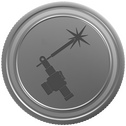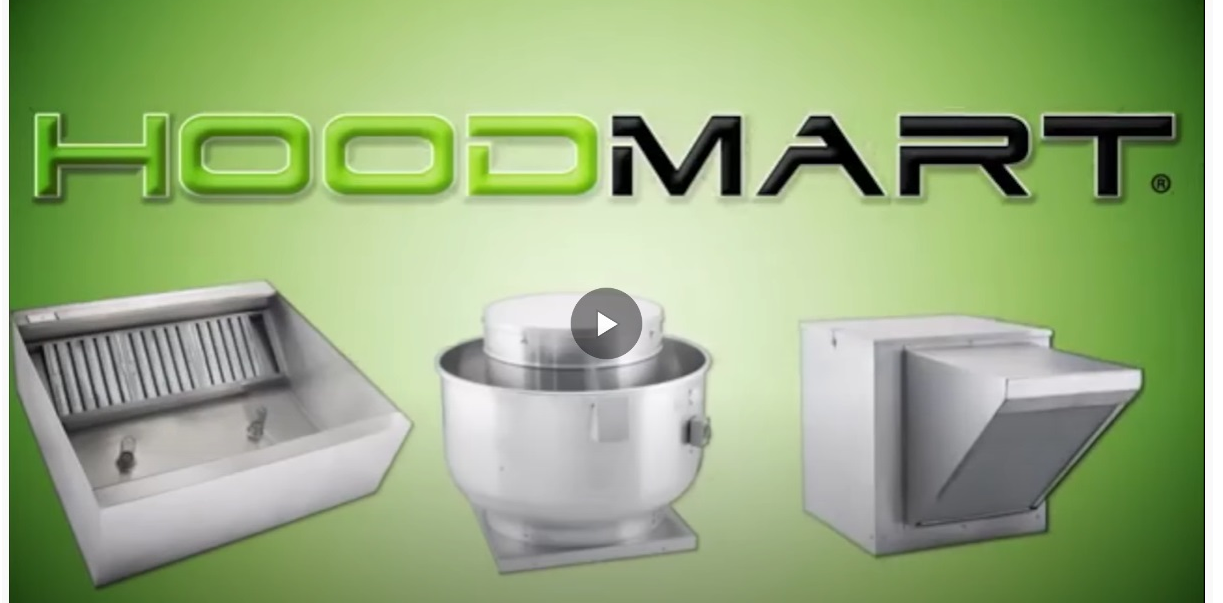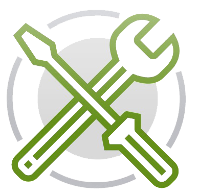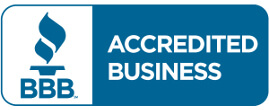We use cookies to help improve our services, make personal offers, and enhance your experience. If you do not accept optional cookies below, your experience may be affected. If you want to know more, please read the Aprende más.
Preventative Maintenance Guide For Your Exhaust Hoods
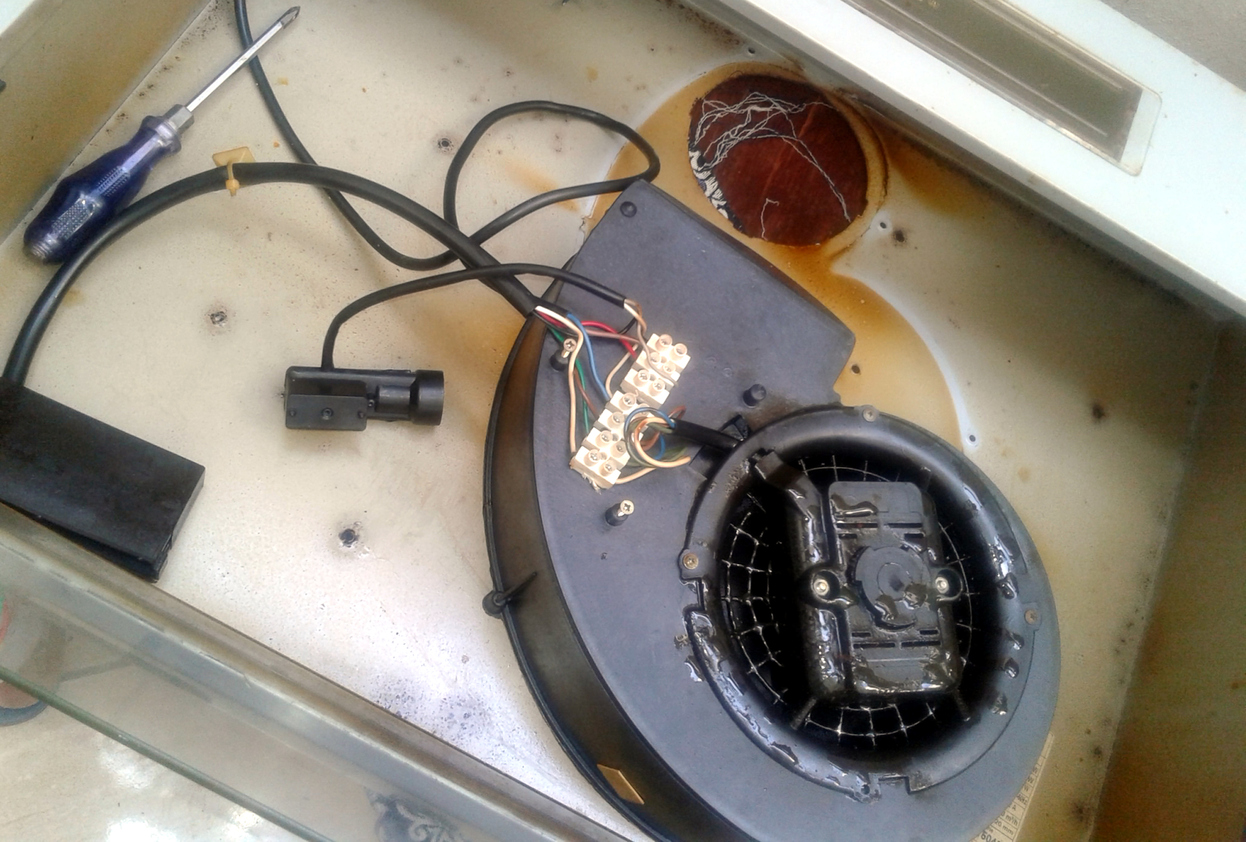
When you have a commercial kitchen it is easy to forget that your roof mounted exhaust fans require maintenance. Running a commercial kitchen is no easy task, and equipment maintenance often gets overlooked until something breaks and requires a repair. If your rooftop exhaust fan stops working your kitchen shuts down - and any down time is a hit to your business. While it doesn’t seem like an important task, maintaining your exhaust system can save you from headaches down the line, and we’re going to help give you some guidelines to make the maintenance even easier. One of the first things you’re going to want to do is make sure your unit has an exhaust fan hinge. This hinge allows you to easily open and close the ventilator fan, and at the same time prevents the fan from being bent or broken during maintenance. Most newer units have a hinge installed already, however, if they don’t you should look into an exhaust fan hinge kit which will provide you with everything you would need to install a hinge for maintenance purposes.A quick maintenance test would be inspecting and adjusting your exhaust fan belts. The exhaust fan belt takes quite a beating through everyday use, so you should first inspect to ensure there are no signs of cracking or deterioration. If you even have to question if the belt needs replacement you should just go ahead and replace it.
Next step is to check the electrical wiring. Just like with the belt you should check for any visual signs of fraying or deterioration, as well as any breakage or kinks in the wire. You should also double check the connections to ensure they are safe and secure to avoid shorting. If any wires look damaged you should look into going about replacing them to prevent any further damage from occurring.
The fan blades themselves are also important to check every few months. Fan blades need to be balanced as unbalanced blades can cause excess vibrations on the unit, causing the unit to shake which in turn can cause loosening of other parts, screws, and bolts on the unit. If you notice any unbalance first check the fans to be sure they are clean - even a little amount of dust and debris on the blades could cause them to become unbalanced.
An often overlooked aspect of the fan assembly are the bearings, which are vital to ensuring the fan spins smoothly and efficiently. Lubrication is what keeps the bearings and all of the moving parts of the fan running smoothly. Make sure that the motors, fans, valve stems, and bearings are all well lubricated. The smoother these parts run the longer the fan will run without incident.
A clean air intake and motor housing are essential for longevity, so be sure to check seals on covers to avoid fats, oils, and grease from entering. An often overlooked but common problem with commercial exhaust fans are aging vibration isolators. They act as a shock absorber by reinforcing the fan’s framing, and as they begin to dry out and break your fan will begin to shake and vibrate. If you begin to feel heavier vibrations then normal you should check the vibration isolators and if needed replace them.
The final maintenance check is the exterior of the fan. Since commercial exhausts are mounted on the roof they are subject to severe weather such as snow, heavy winds, torrential rain, and more. Because of these weather conditions, you should always do an external check for any signs of corrosion, rusting, or leaking. Preventative maintenance is essential for the longevity of your exhaust fans, so be sure to stay vigilant with your checks. Replacing exhaust fan parts may seem annoying but can help prevent kitchen shut downs and expensive repairs down the line. HoodMart offers replacement parts for all exhaust fans, including replacement belts, new motors, and replacement hood filters. Call us today to speak to one of our specialists using our chat portal or by calling 1.800.715.1014.



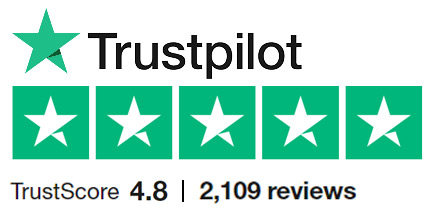


 CUSTOM FABRICATOR
CUSTOM FABRICATOR



